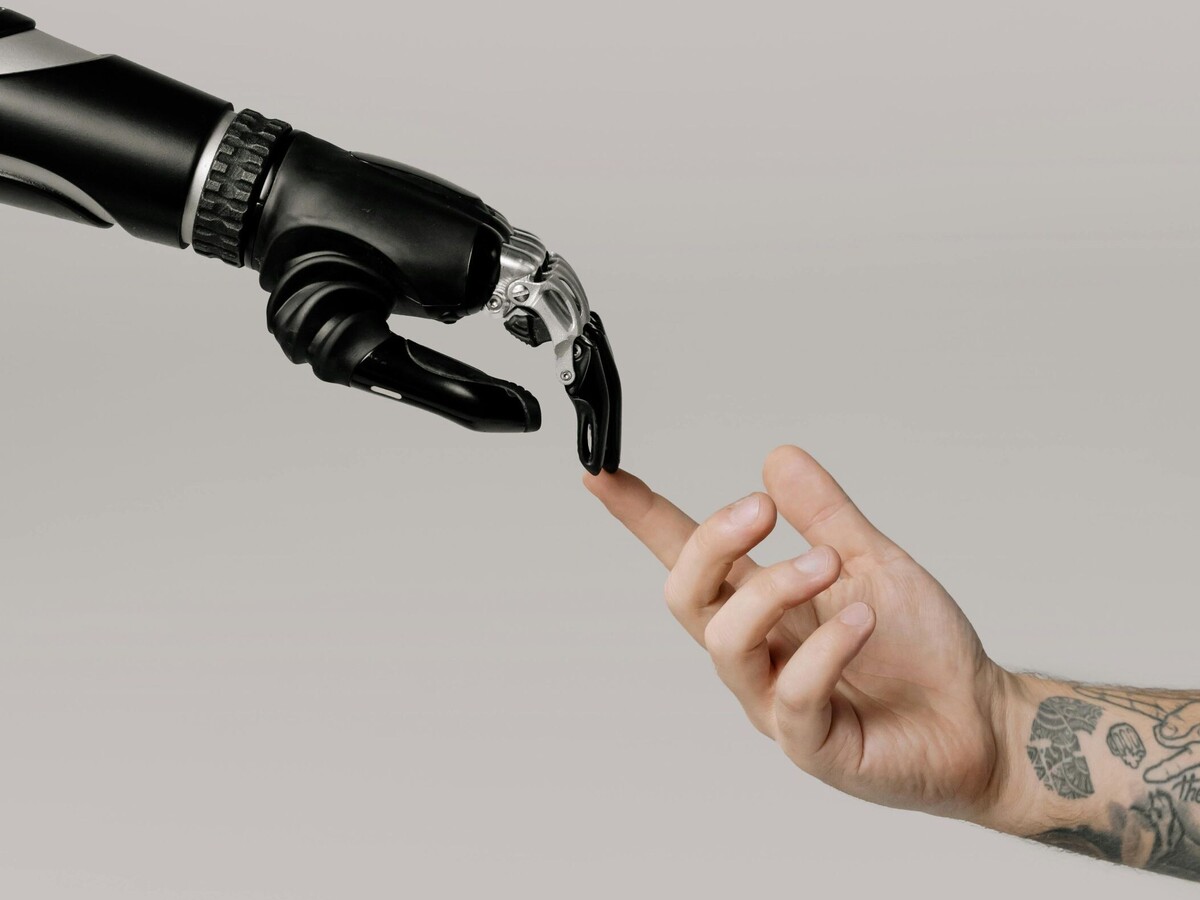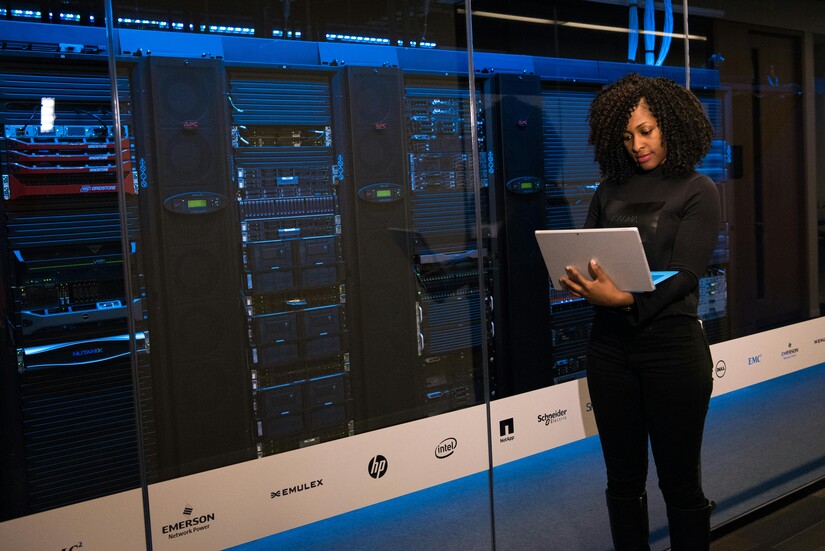Image


The recently scuttled proposal for a 900-acre data center in Monroe County illustrates a swiftly growing conflict: the relentless march of technological advancement weighed against the needs of communities.
The Monroe County Board of Commissioners, facing substantial local resistance, recently voted against rezoning a large land parcel for the project.
The decision underscores mounting anxieties from many regarding the environmental repercussions of such facilities, particularly their voracious consumption of water and electricity.
Data centers, which are requirements for our always on digital era, are now being examined more closely by communities as they work to stay competitive while balancing economic opportunity and growth with resource preservation.
Because of the intense recent growth of artificial intelligence use, demand for data centers - which need enormous energy and water resources to function - is skyrocketing.
Inside these facilities are the servers that allow AI algorithms, process information, and drive the technological capabilities on which many increasingly depend.
The environmental toll from this infrastructure has become a recent worry for many in Middle Georgia as they consider about the unintended consequences of data centers on the environment and the livelihood of people.
Requiring immense electricity, often derived from grids still reliant on fossil fuels, data centers contribute significantly to greenhouse gas emissions. Water, too, is vital for server cooling; some centers deplete millions of gallons daily, straining local sources.
According to Anthropologist Steven Gonzalez Monserrate, all data centers combined (often referred to as the Cloud) now has a greater carbon footprint than the airline industry, with one data center alone able to consume as much electricity of 50,000 homes.
 The inside of data centers can look as futuristic as the set of one of the new Star Trek shows(Photograph courtesy of Christina Morillo on pexels.com)
The inside of data centers can look as futuristic as the set of one of the new Star Trek shows(Photograph courtesy of Christina Morillo on pexels.com)This friction between the requirements of AI and the needs of communities means it is very critical that our local governments makes a reassessment of priorities when considering allowing data centers to take large areas of land.
Beyond environmental apprehensions, AI's ascendance provokes fundamental questions regarding the future of work. As AI systems achieve ever-greater sophistication, they are increasingly capable of executing tasks once solely the domain of humans, raising the ominous possibility of widespread job losses and growing economic disparity.
In a not-so-distant future, AI will likely performs many duties more efficiently and tirelessly. A recent articles on Forbes.com predicted over 90 million jobs lost to AI by 2030 with the tech industry already suffering almost 90,000 job cuts in the last year.
Soon more individuals might find themselves pitted against machines in a fight for their livelihoods: the tech industry alone is reported to have suffered almost 90,000 job cuts
This competition extends beyond the employment arena, as data centers vie with humanity for crucial necessities: water, land, and electricity.
As we advance the capabilities of and broaden the deployment of AI, a close consideration of the wider societal effects is essential to guarantee that technological progress advantages all of humanity, and not merely a privileged few.
If we further destroy the quality of our air, deplete water sources, and damage our environment more for the sake of technological advancement, it is my opinion that we are putting the very future of our species on the line.
This realistic looking artificial intelligence generated video was made by using only a series of descriptions (aka prompts)